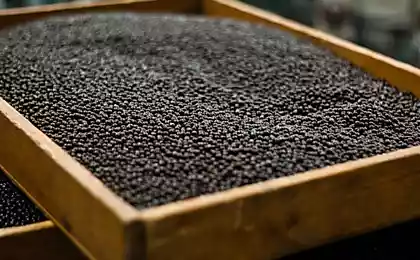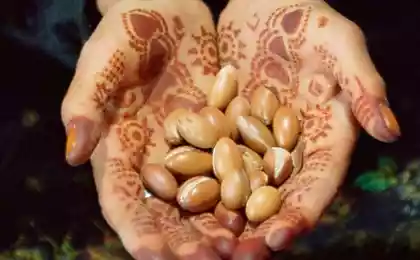166
5 consumer goods linked to illegal deforestation
Forests play an important role in climate stabilization and carbon sequestration. They are also home to rich local cultures and amazing biodiversity. However, deforestation continues to occur around the world at an alarming rate. According to recent research by the Intergovernmental Panel on Climate Change (IPCC), this loss generates an increase in greenhouse gas emissions by almost 50 percent more than the entire global transport industry.
This is especially true for tropical deforestation, which is caused by the creation of agricultural land, most of which is done illegally.
This is mainly done for the production of goods that are exported to our stores or are part of our food chain.
So let’s take a look at the top 5 consumer goods that are associated with deforestation and illegal deforestation:
1 Beef.The growing demand for beef is driven in part by overall population growth across the globe, as well as by an expanding middle class, particularly in East Asia and China. Beef and skin production are the main culprits of illegal deforestation in Brazil.
2 SoyaSam Lawson, lead author of the Forest Trends report, said soybean production was linked to rising demand for meat. “Most soy is used as feed for cattle, chickens and pigs.” Therefore, in Europe, products that are marked “grown without soy” are becoming increasingly popular.
On the other hand, Europe consumes almost 80 percent of soybean oil for the production of biodiesel.
3 Palm oilPalm oil is the most effective source of vegetable oil, as well as one of the most profitable. The deforestation associated with palm oil is huge, especially in Indonesia, New Guinea and Malaysia. "You can drive through large swathes of Malaysia and see nothing but oil palm plantations," Lawson said. “In the future, the world will need to increase these plantations to meet growing demand. ?
Exports of palm oil have quadrupled in 20 years. The top three consumers of palm oil include India, China and Europe, including Russia, among other things.
4 Wood massDeforestation for wood pulp is a major problem in Indonesia. The pulp is used to create paper products, or to produce textiles.
5 CocoaIn many countries, agricultural products grown illegally are sold domestically. However, cocoa and soybeans are grown mainly for export. The good news is that there’s an ethical chocolate that’s slowly coming to our market.
What can I do?
Changing consumer behavior can make a difference. We need to be more responsible with the products we buy every day.
Source: rodovid.me
This is especially true for tropical deforestation, which is caused by the creation of agricultural land, most of which is done illegally.
This is mainly done for the production of goods that are exported to our stores or are part of our food chain.
So let’s take a look at the top 5 consumer goods that are associated with deforestation and illegal deforestation:
1 Beef.The growing demand for beef is driven in part by overall population growth across the globe, as well as by an expanding middle class, particularly in East Asia and China. Beef and skin production are the main culprits of illegal deforestation in Brazil.
2 SoyaSam Lawson, lead author of the Forest Trends report, said soybean production was linked to rising demand for meat. “Most soy is used as feed for cattle, chickens and pigs.” Therefore, in Europe, products that are marked “grown without soy” are becoming increasingly popular.
On the other hand, Europe consumes almost 80 percent of soybean oil for the production of biodiesel.
3 Palm oilPalm oil is the most effective source of vegetable oil, as well as one of the most profitable. The deforestation associated with palm oil is huge, especially in Indonesia, New Guinea and Malaysia. "You can drive through large swathes of Malaysia and see nothing but oil palm plantations," Lawson said. “In the future, the world will need to increase these plantations to meet growing demand. ?
Exports of palm oil have quadrupled in 20 years. The top three consumers of palm oil include India, China and Europe, including Russia, among other things.
4 Wood massDeforestation for wood pulp is a major problem in Indonesia. The pulp is used to create paper products, or to produce textiles.
5 CocoaIn many countries, agricultural products grown illegally are sold domestically. However, cocoa and soybeans are grown mainly for export. The good news is that there’s an ethical chocolate that’s slowly coming to our market.
What can I do?
Changing consumer behavior can make a difference. We need to be more responsible with the products we buy every day.
Source: rodovid.me
Ukrainian geothermal sources can produce annually up to 250 million kWh of electricity
Why modern children are evolving much faster























